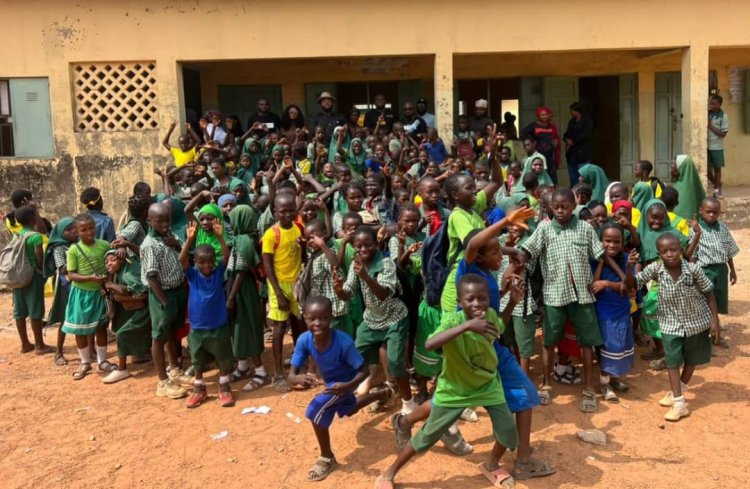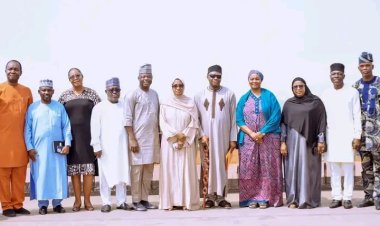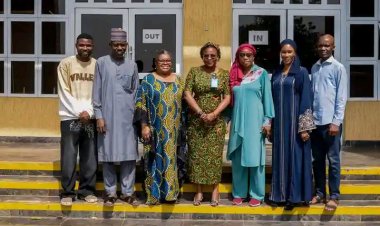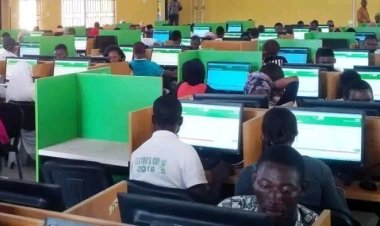Concerns Rise Over Poor Learning Outcomes in Nigerian Public Schools
The World Bank, UNICEF, and UNESCO have labeled this phenomenon as the "Nigerian Learning Crisis," with statistics showing that three out of four children completing basic education lack proficiency in literacy and numeracy.

Nigeria continues to face significant challenges in its education sector, with a growing concern over poor learning outcomes in public schools across the country, highlighting a broader issue beyond the high number of out-of-school children, especially prevalent in the northern regions.

Recent assessments conducted by the Enugu State government in November 2023 revealed alarming statistics, indicating that 50 per cent of pupils in the state lack basic literacy and numeracy skills after six years of primary education. This learning crisis is not unique to Enugu State but is reflective of the nationwide situation, demanding urgent attention and action.
READ ALSO:Experts Advocate Inclusion of Forex Trading in NYSC Curriculum
The World Bank, UNICEF, and UNESCO have labeled this phenomenon as the "Nigerian Learning Crisis," with statistics showing that three out of four children completing basic education lack proficiency in literacy and numeracy.
Factors contributing to this crisis include low public spending on education, inadequate infrastructure and resources, a shortage of qualified teachers, and low enrollment rates in Early Childhood Care and Development Education (ECCDE) services.
The consequences of this crisis are profound, with implications for the future of the nation's youth and its economic development. Educationists and stakeholders have identified various factors responsible for this alarming trend, including systemic failures, inadequate teaching methods, and parental involvement.
RECOMMENDED FOR YOU:JAMB Approves 747 CBT Centres for 2024 UTME Registration and Examination
Ms. Rita, a former teacher in Nasarawa State, shared her experience of encountering students in SS1 who struggled to read and write, despite progressing through the education system. She highlighted how systemic failures and compromised standards contributed to the situation, with teachers pressured to pass students regardless of their actual academic performance.
Educationists like Olasunkanni Opeifa emphasize the need for systemic reforms and accountability across all stakeholders, including the government, educational institutions, teachers, and parents. They stress the importance of implementing effective policies, supporting teachers' professional development, and fostering parental involvement in their children's education.
INCASE YOU MISSED:JAMB Waives Registration Fee for Persons with Disability in 2024 UTME
Government efforts to address the learning crisis include the introduction of initiatives like the Learning Passport, aimed at boosting learning skills through digital platforms, and the National Basic Education in Nigeria Bootcamp (BEN-B) Summit to reinvigorate focus on basic education.Minister of Education, Prof. Mamman Tahir, has outlined plans to address identified challenges, including revising the National Teacher Education Policy (NTEP) to equip educators with necessary skills and knowledge.
Despite these efforts, the urgency of the learning crisis requires comprehensive and sustained interventions from all stakeholders to ensure quality education for all Nigerian children.The future of Nigeria's education system hinges on addressing the root causes of the learning crisis and implementing effective strategies to improve learning outcomes, thereby unlocking the full potential of the nation's youth for sustainable development.





